U.S., Russia clash at UN over Kosovo
The U.S. and Russia clashed again over Kosovo on Tuesday at a closed-door session of the UN Security Council.
Wednesday, 10.10.2007.
09:41

The U.S. and Russia clashed again over Kosovo on Tuesday at a closed-door session of the UN Security Council. The participants reviewed reports from UN Secretary General Ban Ki-moon and his special envoy to Kosovo Joachim Ruecker, who described the situation as “peaceful, but fragile.” U.S., Russia clash at UN over Kosovo Russian Ambassador to the UN Vitaly Churkin said after the session that the Troika report to the UN secretary general on December 10 should be “followed by a decision on what to do next.” He added that a premature end to negotiations, leading to the Kosovo Albanians declaring independence, would destabilize the region, a prospect he described as unacceptable. "One should not have the impression that somehow December 10 is necessarily the end of the world as far as the negotiating process is concerned," underlined the Russian diplomat. He also said that the international community “should not repeat mistakes” such as those made during the drafting of former Finnish President Martti Ahtisaari's plan which used pre-determined solutions. Unlike Churkin, U.S. Ambassador Zalmay Khalilzad said that Kosovo's status had to be resolved as soon as possible because the Troika's mandate would end on December 10. “What would be destabilizing is prolonged further uncertainty over the future of the Serbian province, which has been under UN administration for the past eight years,” he stressed, adding that “most council members agree that negotiations need to end on December 10.” The best option would be for the sides to agree on a solution, as the current situation cannot continue, Khalilzad said. "This situation cannot continue indefinitely without clarification of final status because of the potential for destabilizing Kosovo," he told reporters. "Time is running out." Diplomats who attended the consultations told Tanjug that the main concern during the meeting had been the November 17 elections in Kosovo. Ruecker said that he asked Prime Minister Vojislav Kostunica "not to take any direct or indirect steps aimed at a Kosovo Serb boycott of the elections." Ban and Ruecker warned UN Security Council ambassadors that the situation in Kosovo was fragile, mostly because of open Kosovo Albanian dissatisfaction with the delays in the resolution of future status. The UN secretary general also spoke of vandalism of cultural and historic monuments, the detection of an arms dump belonging to the phantom Albanian national army and the small number of Serb refugees who could return. Ban also pointed to the minimal Kosovo Serb participation in provincial institutions and reiterated that the Serb People's Council of northern Kosovo had announced a boycott of the forthcoming elections. The UN Security Council Moscow wants to discuss Kosovo at Russia-EU summit Moscow wants the Kosovo issue on the agenda of the Russia-EU summit in Portugal on October 26, a senior official in the Russian Foreign Ministry said Tuesday, RIA Novosti reported. "We would like to talk over the situation in Kosovo along with topics we traditionally discuss with the EU," Sergei Ryabkov, head of the Foreign Ministry's European cooperation department, said, in reference to so-called "frozen conflicts" in former Soviet republics. Russia's position is that “Kosovo could serve as a precedent for resolving the situations in the Russia-leaning republics of Abkhazia and South Ossetia in Georgia, and Transdnestr in Moldova, which have been seeking independence since the demise of the Soviet Union.” "It is clear to us that the precedent of Kosovo will most likely be used," Ryabkov said. Commenting on preparations for the summit, the Russian diplomat said that its agenda was at the stage of coordination, and comprised three parts. "The first is on relations between Russia and the EU, prospects for talks on a new [partnership and cooperation] agreement, and work to implement road maps," Ryabkov said. Ryabkov said that besides Kosovo, the priority international issues include Iran, the November conference on the Middle East in Washington, and the situation in Afghanistan.
U.S., Russia clash at UN over Kosovo
Russian Ambassador to the UN Vitaly Churkin said after the session that the Troika report to the UN secretary general on December 10 should be “followed by a decision on what to do next.”He added that a premature end to negotiations, leading to the Kosovo Albanians declaring independence, would destabilize the region, a prospect he described as unacceptable.
"One should not have the impression that somehow December 10 is necessarily the end of the world as far as the negotiating process is concerned," underlined the Russian diplomat.
He also said that the international community “should not repeat mistakes” such as those made during the drafting of former Finnish President Martti Ahtisaari's plan which used pre-determined solutions.
Unlike Churkin, U.S. Ambassador Zalmay Khalilzad said that Kosovo's status had to be resolved as soon as possible because the Troika's mandate would end on December 10.
“What would be destabilizing is prolonged further uncertainty over the future of the Serbian province, which has been under UN administration for the past eight years,” he stressed, adding that “most council members agree that negotiations need to end on December 10.”
The best option would be for the sides to agree on a solution, as the current situation cannot continue, Khalilzad said.
"This situation cannot continue indefinitely without clarification of final status because of the potential for destabilizing Kosovo," he told reporters. "Time is running out."
Diplomats who attended the consultations told Tanjug that the main concern during the meeting had been the November 17 elections in Kosovo.
Ruecker said that he asked Prime Minister Vojislav Koštunica "not to take any direct or indirect steps aimed at a Kosovo Serb boycott of the elections."
Ban and Ruecker warned UN Security Council ambassadors that the situation in Kosovo was fragile, mostly because of open Kosovo Albanian dissatisfaction with the delays in the resolution of future status.
The UN secretary general also spoke of vandalism of cultural and historic monuments, the detection of an arms dump belonging to the phantom Albanian national army and the small number of Serb refugees who could return.
Ban also pointed to the minimal Kosovo Serb participation in provincial institutions and reiterated that the Serb People's Council of northern Kosovo had announced a boycott of the forthcoming elections.
Moscow wants to discuss Kosovo at Russia-EU summit
Moscow wants the Kosovo issue on the agenda of the Russia-EU summit in Portugal on October 26, a senior official in the Russian Foreign Ministry said Tuesday, RIA Novosti reported."We would like to talk over the situation in Kosovo along with topics we traditionally discuss with the EU," Sergei Ryabkov, head of the Foreign Ministry's European cooperation department, said, in reference to so-called "frozen conflicts" in former Soviet republics.
Russia's position is that “Kosovo could serve as a precedent for resolving the situations in the Russia-leaning republics of Abkhazia and South Ossetia in Georgia, and Transdnestr in Moldova, which have been seeking independence since the demise of the Soviet Union.”
"It is clear to us that the precedent of Kosovo will most likely be used," Ryabkov said.
Commenting on preparations for the summit, the Russian diplomat said that its agenda was at the stage of coordination, and comprised three parts.
"The first is on relations between Russia and the EU, prospects for talks on a new [partnership and cooperation] agreement, and work to implement road maps," Ryabkov said.
Ryabkov said that besides Kosovo, the priority international issues include Iran, the November conference on the Middle East in Washington, and the situation in Afghanistan.










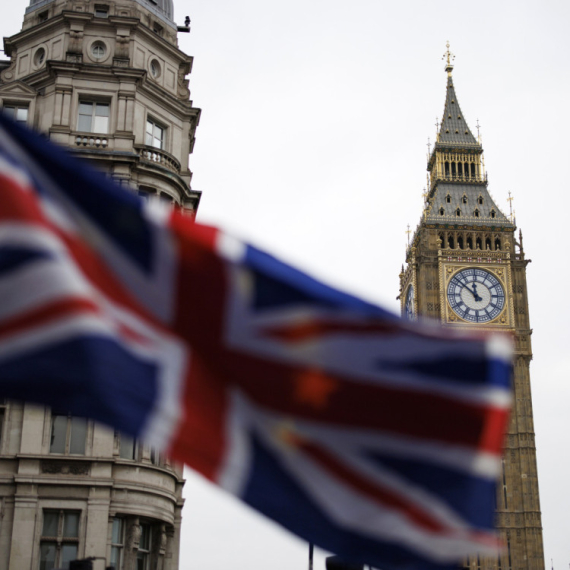
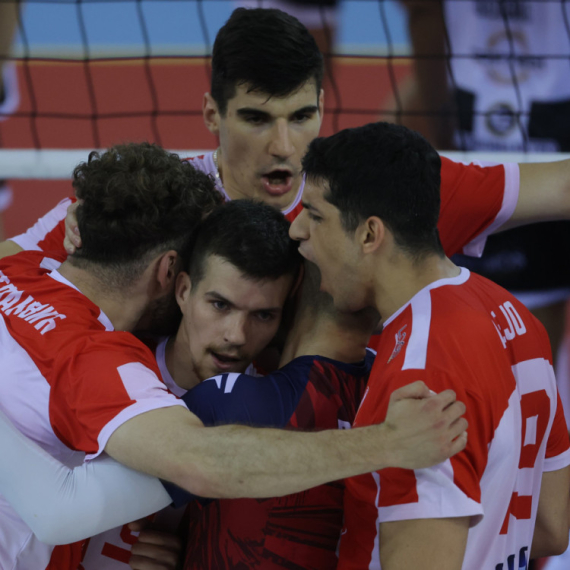
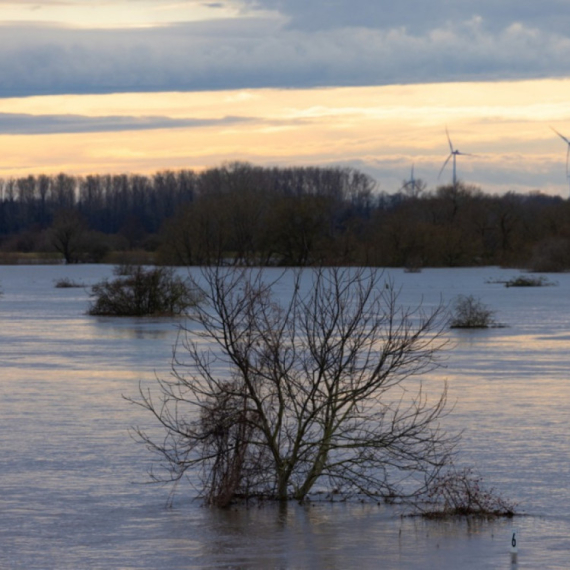
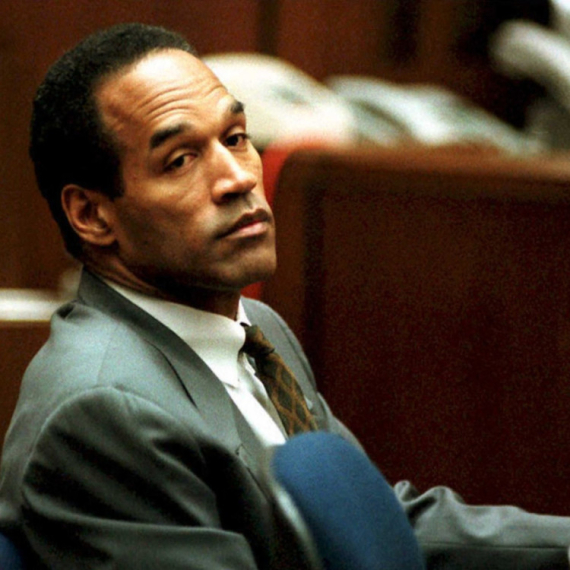
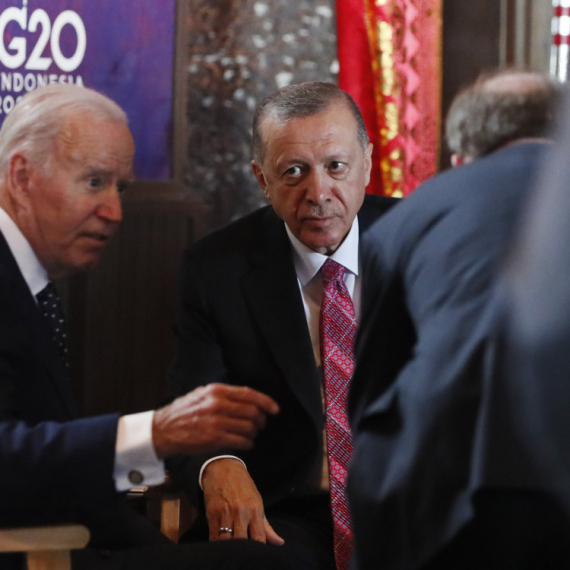
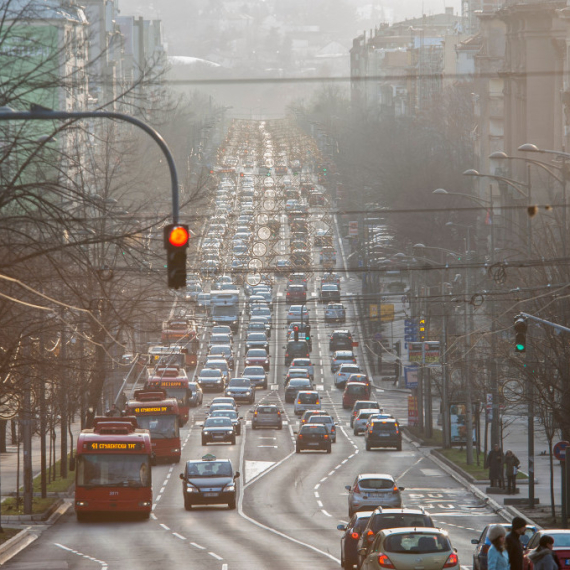
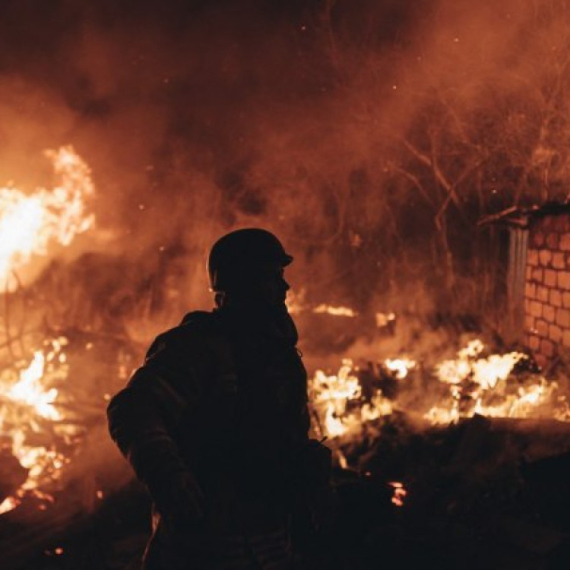

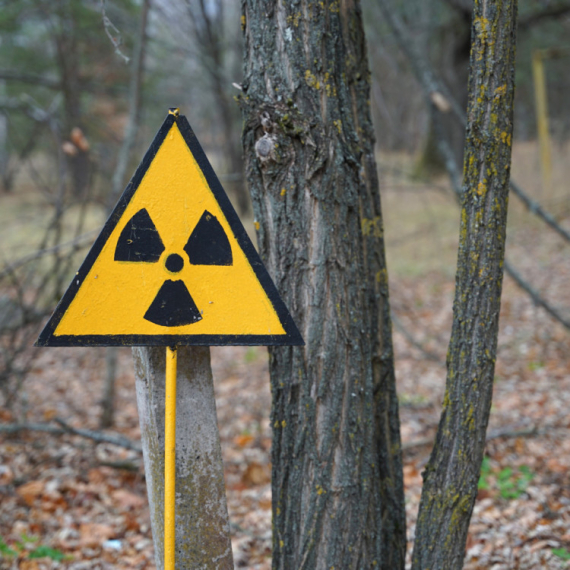
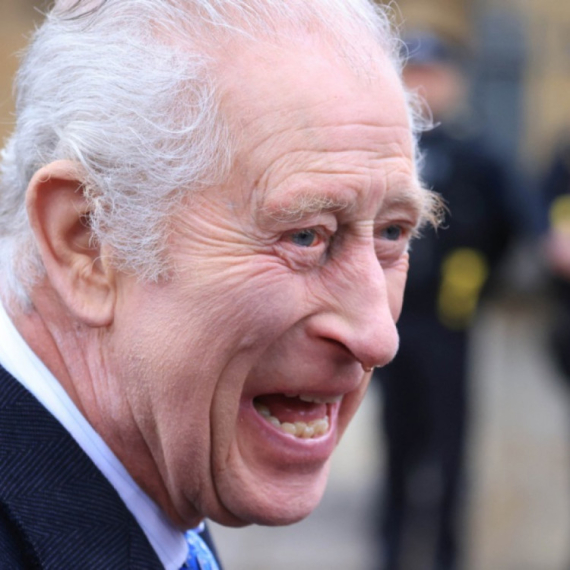
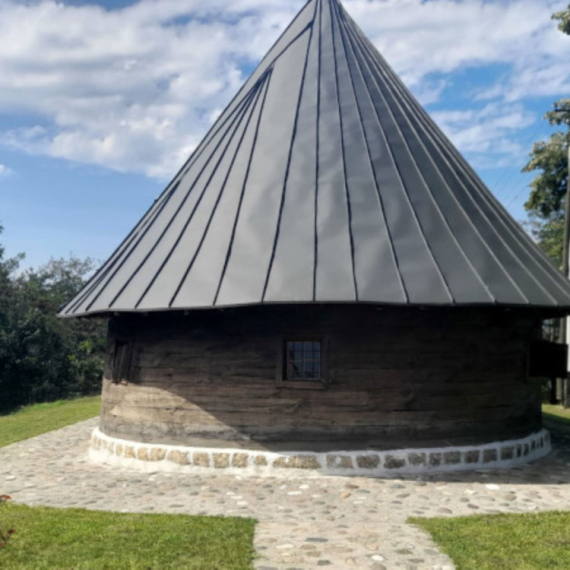


























Komentari 44
Pogledaj komentare